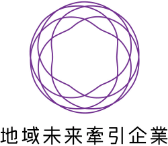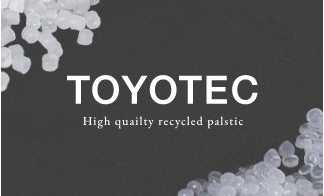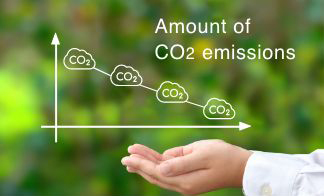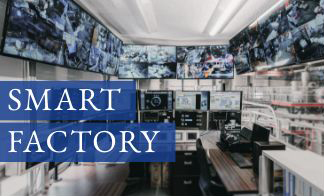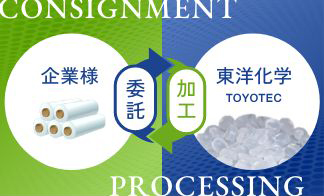
About Toyo Chemical
Proposal for CO2 Emission
Reduction Through
Recycled Pellet Usage
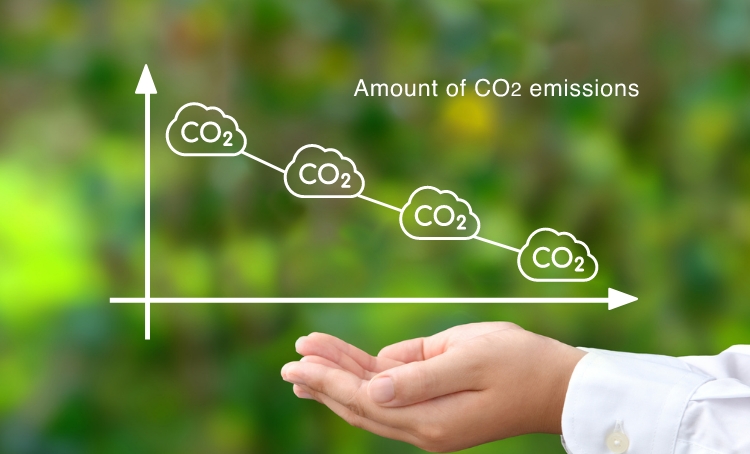
Consult Us for CO2 Emission Reduction
Concerns about environmental issues, including global warming caused by CO2 (greenhouse gases) and marine plastic pollution, are increasing. Particularly since June 2024, companies are required by the Ministry of Economy, Trade and Industry to formulate plans for using recycled plastics and report their performance.
At Toyo Chemical, we provide advice on CO2 reduction to companies handling plastic materials, utilizing our accumulated knowledge and expertise. We support you not only in contributing to environmental conservation but also in enhancing your corporate value.
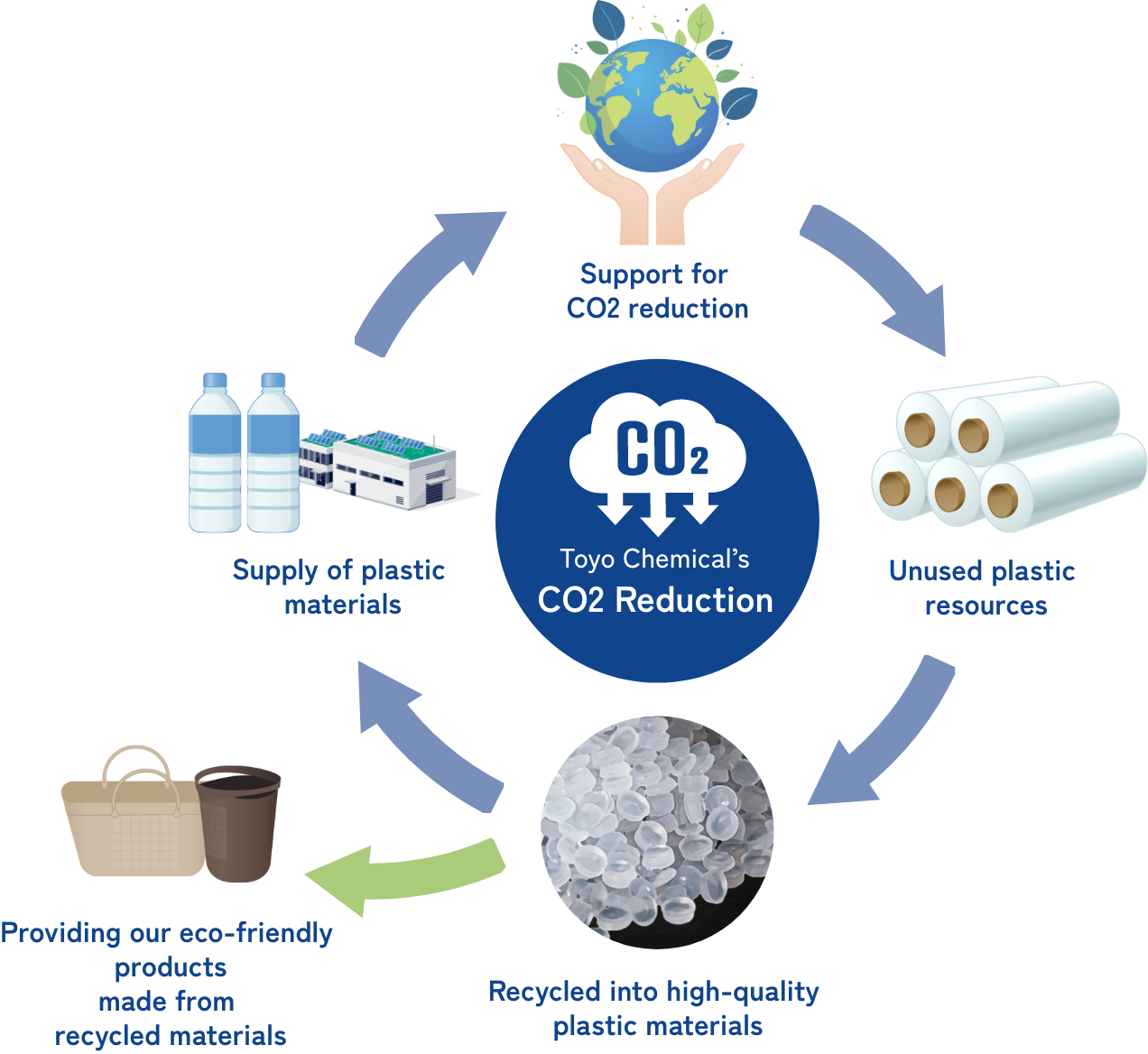
Toyo Chemical’s
CO2 Emission Reduction Proposal
01

Switching from virgin pellets
to recycled pellets
02

Support for
concrete approaches
to CO2 reduction
03

Enhancement of
corporate value
as part of SDGs initiatives
Through LCA¹ and
Product Basket Approach²
Environmental Impact
(CO2 Emissions)
Reduction Effect of Plastic Recycling
*Values based on measurements of our products
When PE Recycling
Is Not Implemented
Evaluate the impact of desposing of A kg of waste plastic without recycling and of producing raw materials to produce B kg of plastic products to use and disposal the products.
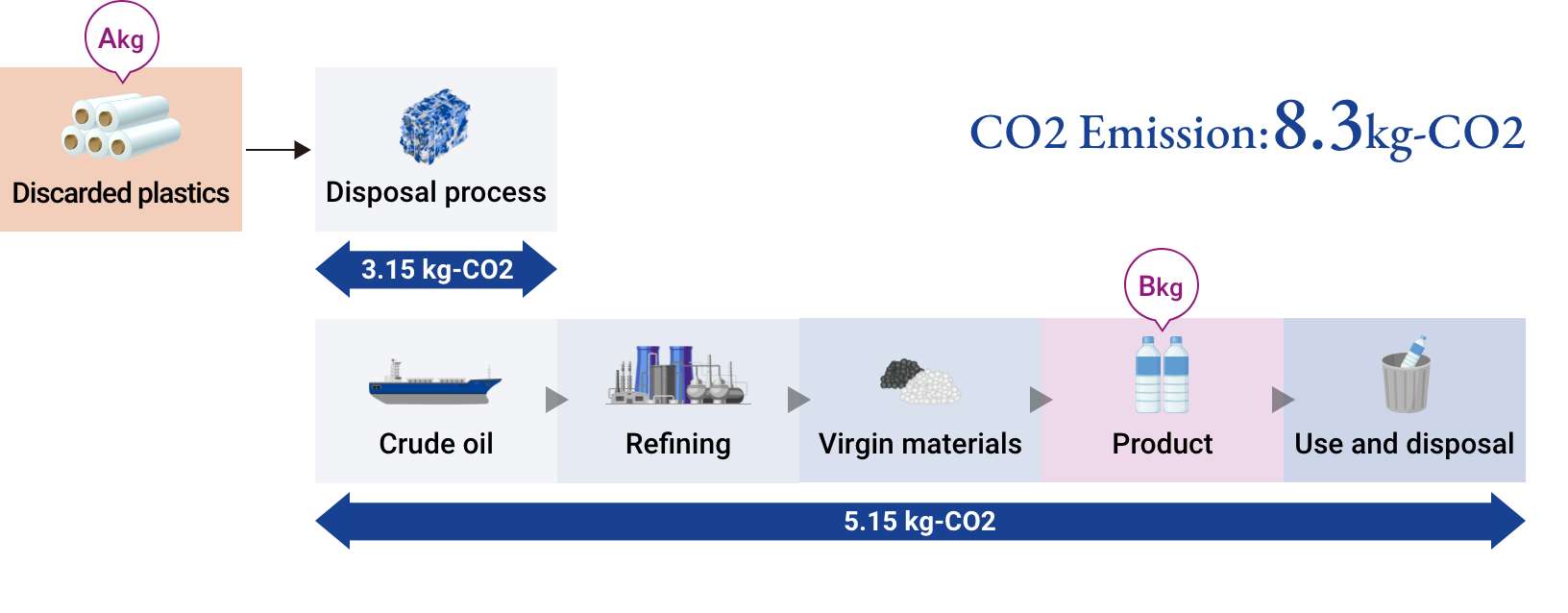
When PE Recycling
Is Implemented
Evaluate the impact of recycling A kg of waste plastic to produce B kg of recycled products, from production to disposal.
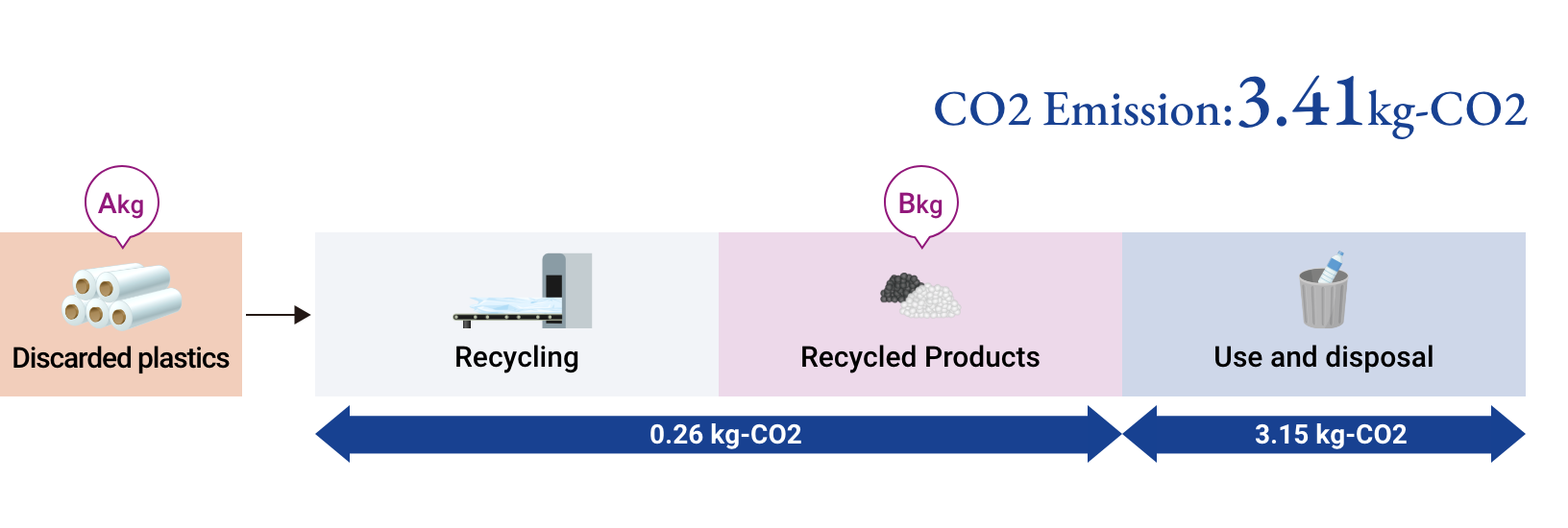
CO2 Emission Reduction Effect
When PE Recycling
Is Not Implemented
CO2 emissions:8.3kg-CO2
When PE Recycling
Is Implemented
CO2 emissions:3.41kg-CO2
CO2 Emission Reduction
= 4.89kg-CO2
*¹ LCA (Life Cycle Assessment)
A method for comprehensively evaluating the environmental impact throughout the entire lifecycle of a product - from resource extraction, raw material procurement, manufacturing, processing, assembly, distribution, and product use, to final disposal - in a scientific, quantitative, and objective manner.
*² Product Basket Approach
An evaluation method that compares the environmental impact generated when recycling is not performed, within a framework based on a specific recycling method. In this comparison, the final outputs are set to be equivalent whether recycling is implemented or not. For example, when manufacturing “injection-molded products” from “recycled pellets obtained from industrial waste plastic recycling,” we assume here that in the non-recycling case, “industrial waste plastic” would simply be incinerated.
 Achieve CO2 Emission Reduction
Achieve CO2 Emission Reduction Through Plastic Material Recycling
Please consult with us about the establishment of recycling schemes
for unwanted plastic materials.
CO2 Emissions in FY2023
(Based on the performance of fiscal year 2022)
| Electricity used in manufacturing 1kg of recycled pellets | 0.519 kWh/kg |
|---|---|
| FY2023 CO2 emission factor (after adjustment) | 0.421 kg-CO2/kWh |
| CO2 emissions from manufacturing 1kg of recycled pellets※ | 0.218 kg-CO2/kg |
*Our facility operates on 100% electrical power. CO2 emissions are indirect emissions associated with the use of energy produced by other companies, corresponding to “Scope 2” of the “Supply Chain Emissions.”

Just leave this to us
Trust Toyo Chemical for not only providing materials that reduce CO2 emissions,
but also for advice on carbon reduction
and support that enhances your corporate value.


